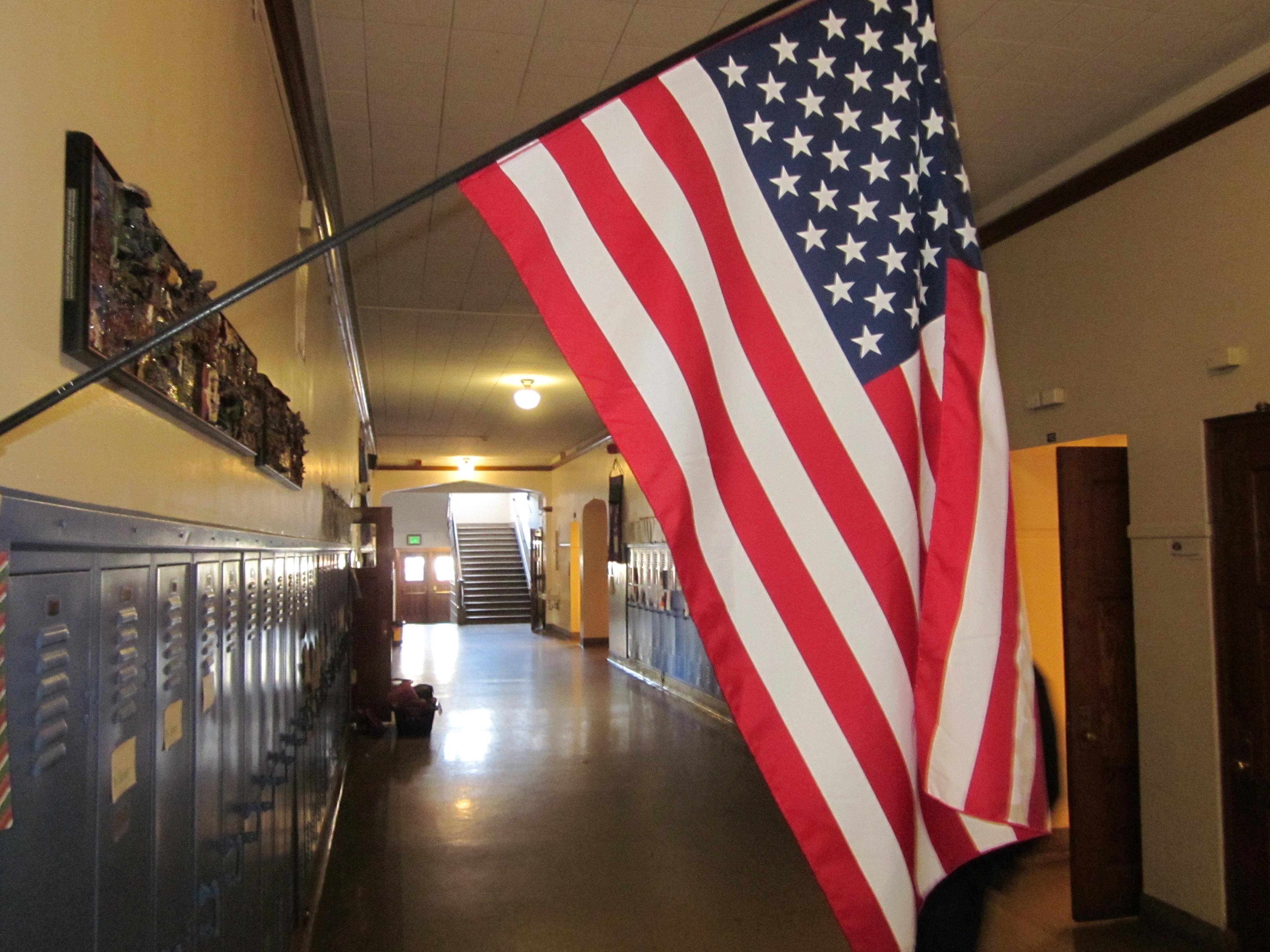
Colorado's still getting pretty mediocre to bad grades from the Education Law Center when it comes to the public school system.
In its report, the organization gave Colorado a "C" grade for its practice of devoting extra resources to high poverty districts. Kathy Gebhardt of the non-profit law firm Children’s Voices says there isn’t as much variation between districts here because overall, she believes, Colorado districts are poorly funded.
"We are one of the most prosperous states in the country and yet our effort toward public education funding as remained at a very substandard level," she said.
The Education Law Center, part of the Rutgers University Graduate School for Education, would seem to agree; the state got an “F” when it comes to the level of school funding relative to the health of the state's economy. It put Colorado fourth from the bottom for its effort on funding relative to the state’s economy - just over half as much effort as the top states.
State and local education funding in Colorado accounts for 2.8 percent of the gross state product, says the report.
Teachers In Colorado
In terms of teachers’ wages, nationally, the report says teachers beginning their careers in Colorado at age 25 earn about 82 percent of what non‐teachers earn.
Wages are least competitive in Colorado, Arizona, Georgia, Virginia and Washington, where teachers earn about 30 percent less. Only three states have average teacher wages that are comparable or greater than other similar workers – North Dakota, South Dakota and Wyoming.
Public School vs. Private
One bright spot in the state's grades is Colorado's score on public school coverage, which measures economic disparities between families using the public school system and those using private schools. Colorado ranks fifth, with 92 percent of children attending public school.
And the income disparity between families with children in public and private schools is fairly low. Families who attend private schools in Colorado earn about 25 percent more income than public school households, on average. Compare that with D.C., where families sending their children to private school earn well over twice as much.
Meanwhile, Kathy Gebhardt with the non-profit law firm Children’s Voices says she hopes reports like this one spur solutions. Currently, about a third of state lawmakers are studying the state’s school finance system in a series of meetings.









